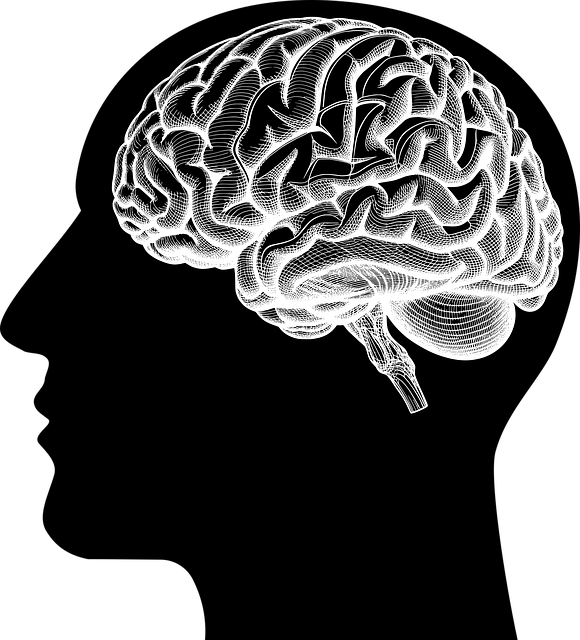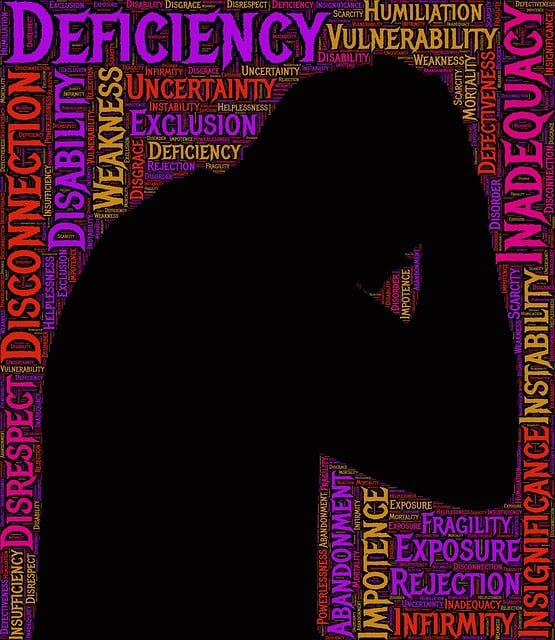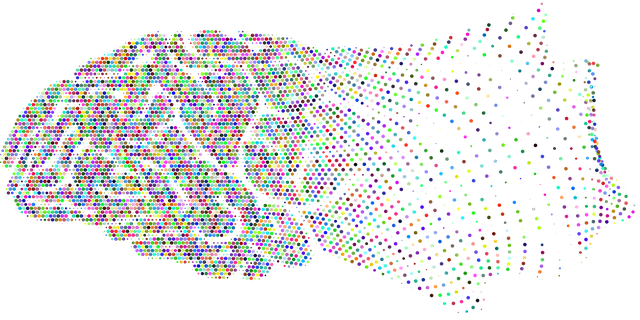Emotion regulation techniques are crucial for managing mental health issues like PTSD, offering benefits such as improved self-esteem and reduced distress. Lone Tree Post-Traumatic Stress Disorder Therapy incorporates methods like mindfulness, cognitive reappraisal, and compassion cultivation to help individuals effectively cope with intense emotions. Teaching emotion regulation is a powerful tool for professionals supporting clients in developing healthier emotional coping strategies, significantly improving quality of life through techniques like cognitive-behavioral therapy and present-moment awareness practices.
Emotion regulation techniques are powerful tools that enable individuals to manage and respond to their feelings effectively. This article explores the concept of emotion regulation, highlighting its significant benefits, especially in mitigating conditions like post-traumatic stress disorder (PTSD). We delve into a range of common techniques and provide strategies for professionals to teach these skills. Case studies demonstrate the successful application of emotion regulation methods, such as those used in Lone Tree Post-Traumatic Stress Disorder Therapy, showcasing their potential impact on mental health treatment.
- Understanding Emotion Regulation and its Benefits
- Common Techniques for Effective Emotion Regulation
- Teaching Emotion Regulation: Strategies for Professionals
- Case Studies: Applying Emotion Regulation Techniques in Lone Tree Post-Traumatic Stress Disorder Therapy
Understanding Emotion Regulation and its Benefits

Emotion regulation is a vital skill that enables individuals to understand and manage their feelings effectively. It involves recognizing and accepting emotions as they arise, while also learning to respond to them in healthy ways. This process is crucial for overall well-being, especially for those dealing with mental health challenges like post-traumatic stress disorder (PTSD). By adopting emotion regulation techniques, individuals can reduce the impact of intense or distressing emotions, leading to improved mental resilience.
The benefits of mastering these skills are far-reaching. It promotes self-esteem improvement by fostering a sense of control over one’s emotional reactions. Moreover, it plays a significant role in Mental Illness Stigma Reduction Efforts, as understanding and managing emotions can help dispel myths and stereotypes associated with various conditions. Stress Management Workshops Organization often emphasize emotion regulation as a cornerstone of their programs, recognizing its potential to enhance overall quality of life for participants.
Common Techniques for Effective Emotion Regulation

Emotion regulation techniques are essential tools in managing and mitigating intense feelings, particularly beneficial for individuals dealing with conditions like Post-Traumatic Stress Disorder (PTSD). Common strategies include mindfulness practices, which encourage staying present and observing emotions without judgment. This is often coupled with cognitive reappraisal, a technique that involves challenging negative thought patterns and reframing situations to reduce emotional distress.
Another effective approach is the use of compassion cultivation practices, similar to those found in Lone Tree therapy for PTSD. These involve fostering self-compassion and extending kindness towards others, which can reduce stress and promote emotional balance. Additionally, burnout prevention strategies for healthcare providers emphasize the importance of self-care and stress management techniques, ensuring professionals maintain their emotional resilience while offering support to patients.
Teaching Emotion Regulation: Strategies for Professionals

Teaching Emotion Regulation is a specialized skill that professionals can utilize to empower individuals struggling with managing their emotions, especially those who may be dealing with post-traumatic stress disorder (Lone Tree Post-Traumatic Stress Disorder Therapy). This process involves equipping people with strategies to recognize and control emotional responses in various situations. By fostering mental wellness and emotional intelligence, these techniques contribute to overall self-care practices.
Professionals can employ a range of methods, such as cognitive-behavioral therapy, mindfulness training, and acceptance and commitment therapy, to help clients develop healthier emotional coping mechanisms. Through these approaches, individuals learn to identify triggers, challenge negative thought patterns, and practice present-moment awareness. This not only enhances their ability to navigate emotional challenges but also improves their overall quality of life.
Case Studies: Applying Emotion Regulation Techniques in Lone Tree Post-Traumatic Stress Disorder Therapy

In the context of Lone Tree Post-Traumatic Stress Disorder (PTSD) therapy, emotion regulation techniques have proven to be powerful tools for fostering recovery and enhancing mental health. Case studies illustrate that by integrating Emotional Well-being Promotion Techniques, therapists can significantly improve patients’ ability to manage and express emotions effectively. This approach is particularly beneficial in addressing the complex nature of PTSD, where individuals often struggle with intense and unpredictable emotional reactions.
Empathy Building Strategies play a pivotal role in this process. Therapists cultivate a deep understanding of their patients’ experiences, creating a safe space for them to explore and process traumatic memories. Through this empathetic lens, clients can learn to identify and regulate their emotions, gaining valuable insights into their psychological responses. This holistic approach, combined with Mental Health Policy Analysis and Advocacy, ensures that individuals not only receive effective therapy but also develop long-lasting coping mechanisms to navigate life’s challenges.
Emotion regulation techniques, as demonstrated through case studies like Lone Tree Post-Traumatic Stress Disorder Therapy, offer profound benefits in managing and overcoming mental health challenges. By equipping individuals with these skills, professionals can empower them to navigate life’s ups and downs with greater resilience and well-being. Implementing evidence-based strategies, such as mindfulness, cognitive restructuring, and emotional expression, allows for personal growth and improved quality of life. As the field continues to evolve, integrating emotion regulation teaching into therapeutic practices remains a powerful tool for fostering mental health and healing.












